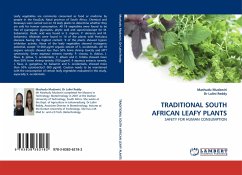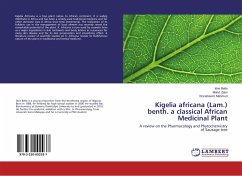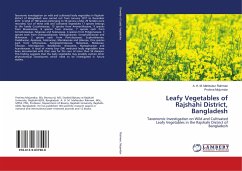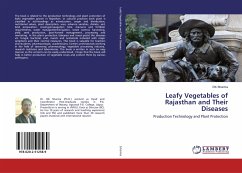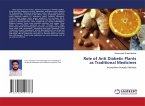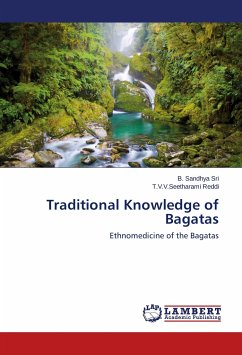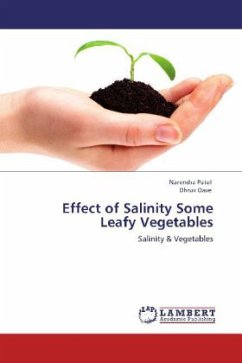Leafy vegetables are commonly consumed as food or medicine by people in the KwaZulu Natal province of South Africa. Chemical and bioassays were carried out on 18 leafy plants to determine whether they are safe for human consumption. All 18 vegetables were found to be free of cyanogenic glycosides, phytic acid and saponins(except for M. balsamina). Oxalic acid was found in S. nigrum, P. oleracea and M. balsamina. Alkaloids were found in 14 of the plants with Portulaca oleracea having the highest content. 9 of the plants showed trypsin inhibition activity. None of the leafy vegetables showed mutagenic potential, except 10 000 µg/ml organic extract of S. occidentalis. All 18 organic extracts showed less than 50% brine shrimp toxicity and MTT cytotoxicity. Seven aqueous extracts namely, P. viscosa, A. dubius, J. flava, B. pilosa, S. occidentalis, C. album and C. triloba showed more than 50% brine shrimp toxicity (100 µg/ml). 4 aqueous extracts namely, J. flava, A. gangetica, M. balsamin and S. occidentalis, showed more than 50% cytotoxicity(1 000 µg/ml). Caution needs to be maintained with the consumption of certain leafy vegetables evaluated in this study, especially S. occidentalis.
Bitte wählen Sie Ihr Anliegen aus.
Rechnungen
Retourenschein anfordern
Bestellstatus
Storno

